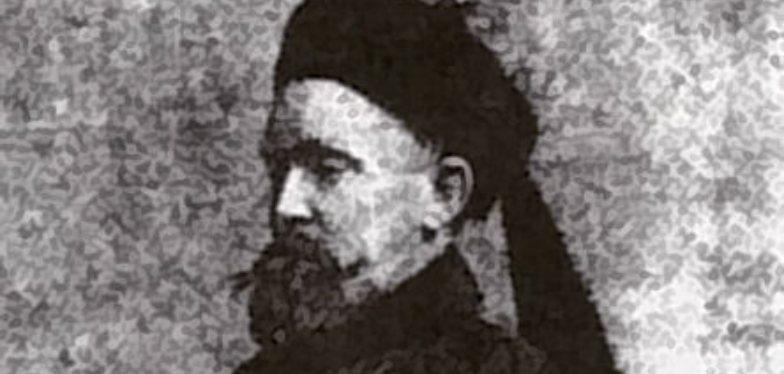Did you know that a Belgian became a Mandarin?

Paul Splingaerd (1842-1906) could boast of having lived a destiny like no other. Starting from nothing, abandoned at birth and illiterate, he managed to rise to the highest rank of Chinese imperial officials.
At the age of 21, he went to the capital to do his military service and met Father Theophile Verbist, who had just founded the Scheutists, a religious missionary congregation. The priest was looking for a servant to accompany him to Mongolia, at the time a Chinese province. Quick-witted, dexterous and with no attachments to Belgium, the young man accepted the offer. On 25 August 1865, he embarked on a journey that would lead him to Xiwanzi, in Inner Mongolia. He was resourceful and willing, and quickly learned Mongolian and Mandarin (the most common Chinese language in the Middle Kingdom). But Father Verbist died three years after their arrival and Splingaerd decided to continue his Chinese adventure in Beijing, where he had the second decisive encounter of his life, with German geologist Ferdinand von Richthofen, who hired him as a guide and interpreter. During their seven missions, they had the opportunity to travel through eleven Chinese provinces. The Belgian took advantage of these expeditions to increase his knowledge of the language, the country and its inhabitants, as well as to improve his knowledge of mineralogy and geomorphology. In 1872, when his contract with von Richthofen ended, he opened a wool and fur business in Kalgan (now Zhangjiakou). There he met and married Catherine Li, a Christian Manchu, with whom he had 13 children. 1881 marked a new turning point in the life of Lin Fuchen (the Chinese name adopted by our compatriot); he was summoned to occupy the post of customs inspector in Jiuquan as, thanks to his knowledge of mineralogy acquired from von Richthofen, he was qualified to determine which metals were transiting in his jurisdiction. The region, located in the far west of China, is known for being rich in minerals. Paul remained in this position for 14 years; now a high ranking civil servant with a plush official residence, and as a high representative of the imperial government, he was also in charge of the Justice of the Peace, a role in which he gained a reputation as an honest and incorruptible negotiator. He also stood out through his commitment to the population, as he and his wife had transformed a room in their house into a treatment and vaccination centre.
In 1896, Lin Fuchen finally gave up his position as a privileged customs officer and moved with his family to Shanghai. He worked as a mining inspector for a while and ended up making his skills as an intermediary and negotiator available to various missions of the Belgian State in China, notably for the construction of the railway line between Beijing and Hankou. However, he continued to hold prestigious positions for the Beijing government and eventually reached the top rank of mandarin. We can only marvel at a journey that is so exceptional that it seems to be a fable or an excerpt from the "Book of Wonders", which relates Marco Polo's journey from Venice to the court of the emperor of China, but in this case the starting point is a farm in Ottenburg and the hero is not a rich merchant of the Serenissima but an orphan child abandoned at birth.